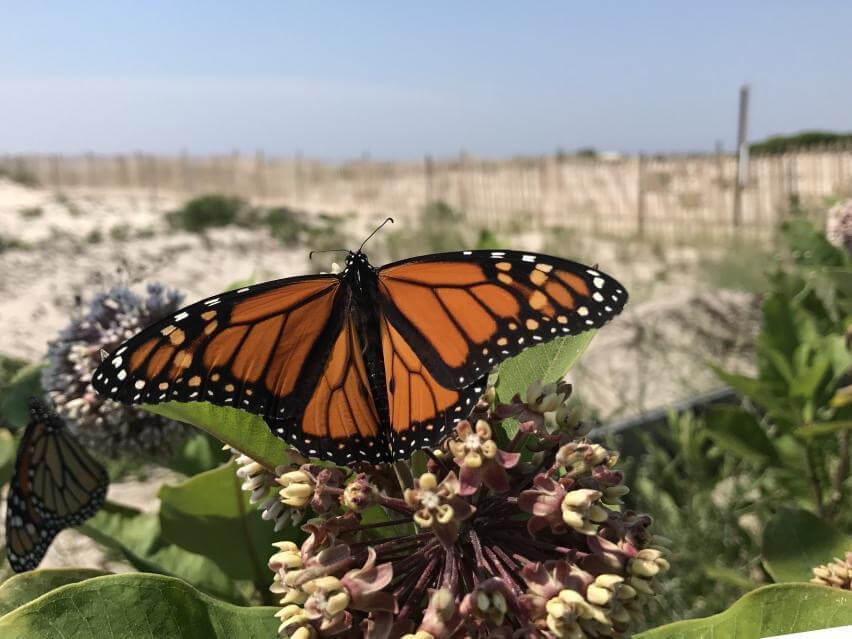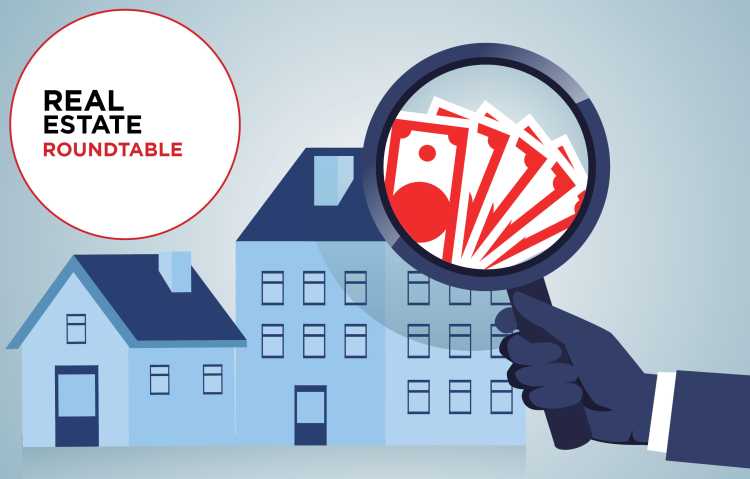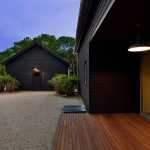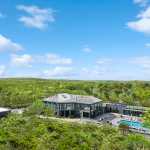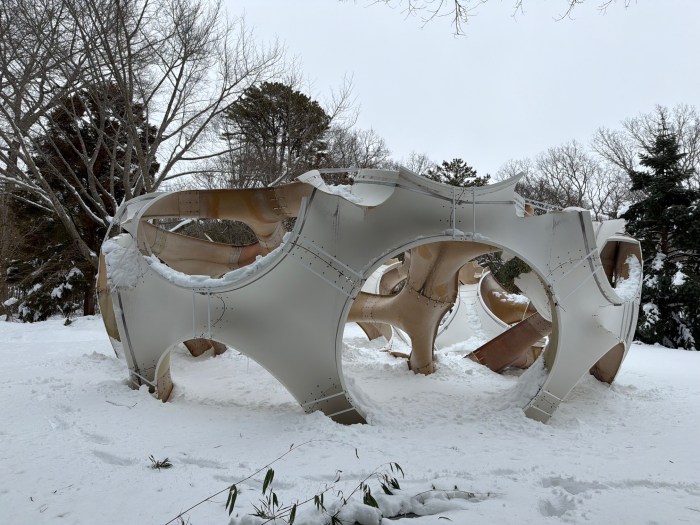During the COVID-19 pandemic, the real estate brought many people to the East End for space and privacy, but what keeps them here, and has always attracted people here, is the natural coastal beauty. This Valentine’s Day, why not sprinkle some love not only on your sweetheart, but on the environment too?
The Cornell Cooperative Extension Marine Program is giving away its “SEAd Bomb Kits,” meant to help restore wildflowers and coastal grasses that are important for maintaining marine habitats. As part of the Valentine’s Day promotion, the extension is giving away a kit every week until Monday, but they are also available for purchase anytime.
“Habitat is so essential to all the species that both reside here, and stop off to visit us on their migratory paths,” said Kimberly Barbour, the outreach manager and senior resource educator at the Cornell Cooperative Extension Marine Program. “We at Cornell conduct very extensive coastal and marine habitat restoration projects to enhance our eelgrass meadows and marshes, but we can all play a part in this important work!”
With the kits, Barbour’s team hoped to “create a fun, meaningful stewardship project for people to take part in on their own time,” she explained. “Creating even a very small garden of coastal plants and wildflowers in your backyard using our SEAd Bomb kits can make a difference.”
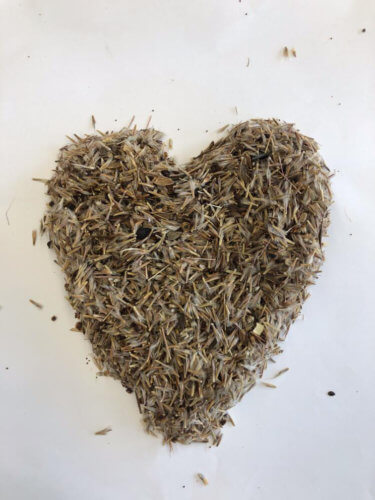
The spring/summer kit has many native perennials, native little bluestem grass and a variety of annual seeds in the mix, including Purple Coneflower, New England Aster, Black-Eyed Susan, Common Milkweed, and Poppies. The perennial native plants that will grow from the seed bombs attract pollinators as food and habitat sources, as well as help to prevent erosion. The annual plants provide nectar for successive monarch generations, for instance. The plants also provide seeds for birds to eat. The seeds have to be thrown between the beginning of May and the 4th of July.
The fall/winter seed bombs have to be thrown or planted outside between December and the end of March. They include Common Milkweed, Butterfly Weed and Little Bluestem Grass. The kits come with an educational booklet, a marine habitat fact card and clay flour and compost.
Barbour said the marine program first came up with the idea of a kit in 2020 when there was a shift in education and outreach efforts, from in-person formats to a remote approach due to the COVID-19 pandemic. They wanted to come up with a way to reach people without them having to sit in front of the screen.
“There was way too much of that going on between remote school and Zoom meetings, we so we decided to adapt curriculum and stewardship projects to a “kit” format, enabling hands-on learning experiences that were self-guided and able to be done in your backyard or at your favorite beach or park,” she said.
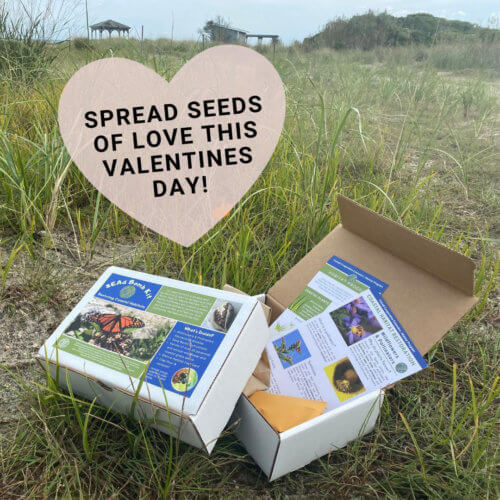
The first kits were focused on providing an alternative to the East End Marine Camps that were canceled that first summer during the pandemic. From there, “we grew the kit line to include several topics, all including science-based activities and art projects centered around the species and habitats we work with at CCE Marine Program.”
The SEAd Bomb Kits are newer additions to the program’s educational kit lineup, created less than a year ago. Already hundreds have been utilized in extension’s school programs and sold on the Back to the Bays Marketplace, she said. The kits are $25.
To enter to win a kit, just visit the program’s Instagram page, @ccmarineprogram for the rule. The page announces the winner each Sunday night until February 13.
“This Valentine’s Day promo has given sales a good boost too-people are really getting behind the ‘spread seeds of love’ campaign!” she said. “We have had orders go out to people throughout the East End primarily, but also filled orders going as far west as the city and will continue to offer programs centered on using the kits to libraries, school and scout groups throughout the year.”

